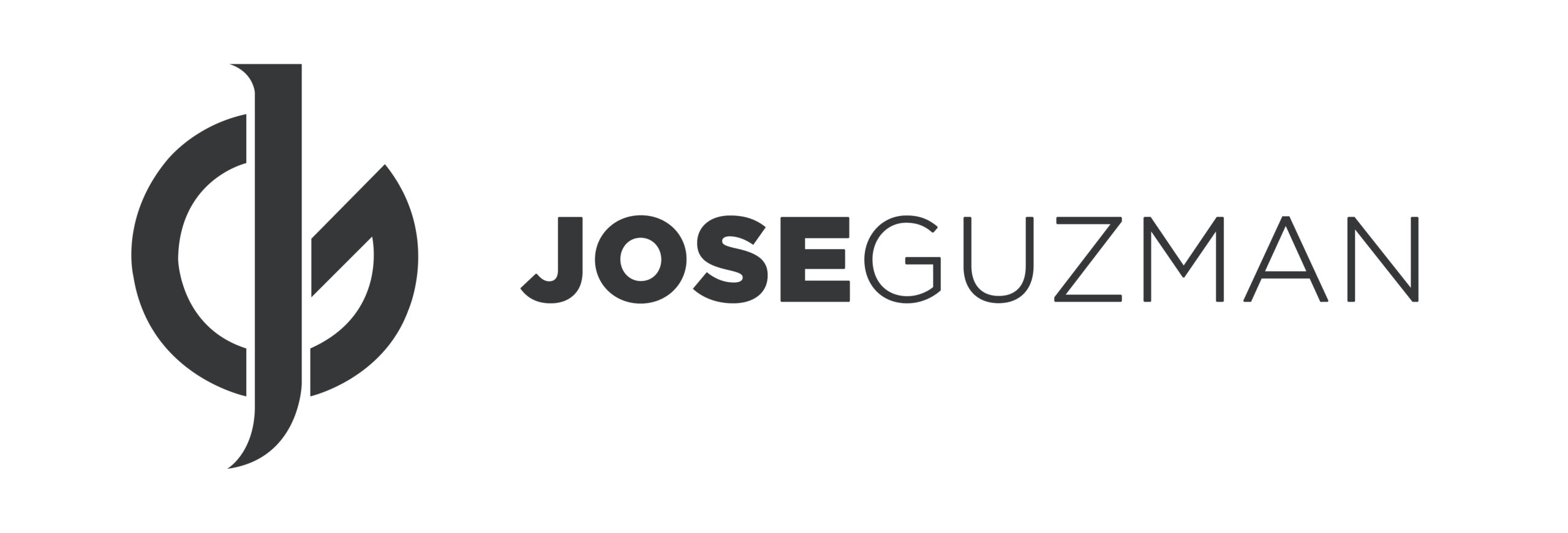Last night, while aimlessly scrolling through my Instagram feed, I stumbled upon something quite unexpected – Mark Zuckerberg discussing the new Apple Vision Pro. Why did this catch me off guard, you might wonder? Well, because that’s his direct competition.
In Guatemala, where I live, I haven’t seen any on the streets yet, but I have seen all those videos circulating on social media of people already using them in other parts of the world. I wonder, are we going to normalize this behavior very soon? It reminds me of when we used to give strange looks to people who seemed to be talking to themselves, but they were actually using AirPods Pro. We were accustomed to seeing the wires of headphones and assumed they were talking on the phone. However, I think the behavior surrounding the use of Apple Vision Pro is even stranger because it’s a product that’s much more visually intrusive.
Anyway, let’s get to the point of the news, Zuckerberg kicked off the clip with a statement that really made me think. He said, “I expected that Quest would be the better option for most people since it’s really good and it’s like seven times less expensive.” I personally find it fascinating when tech giants openly compare their products, especially with such bold claims.
Digging deeper into the technical comparison, it’s clear that although both devices are VR headsets, their designs significantly differ. For example, the Quest is 120 grams lighter than its counterpart. From my perspective, this could be a significant advantage for Quest. I’ve heard plenty of Apple Vision Pro users complain about its weight, suggesting it’s a bit too heavy for comfort. And if there’s one thing I value in my gadgets, it’s comfort. Despite the awkward external cable and battery setup of the Vision Pro, it still ends up being heavier than the Quest 3 – no small feat.
Zuckerberg also mentioned that the Quest offers a wider field of view. And while he acknowledges that the Vision Pro boasts a higher resolution, he personally feels the Quest’s screen shines brighter. This part of his analysis really resonates with me; a brighter screen can make a world of difference in immersive experiences.
On the topic of Apple’s eye-tracking features, Zuckerberg gave credit where it was due, admitting they were well executed. This functionality is a key factor that allows Apple to forego traditional controllers with the Vision Pro. It was a bit surprising to hear that Meta decided to remove those sensors from the Quest 3, only briefly mentioning the Quest Pro. This decision piqued my curiosity about the strategic choices companies make.
Now, onto something quite intriguing – the conspicuous absence of the word “metaverse” in Zuckerberg’s discussion. Considering how much the concept dominated his thoughts in 2021 to the extent of renaming the company, its absence was loud. As someone who closely followed the hype around the metaverse, it’s clear to me that the vision for a virtual world accessible via the company’s VR headsets has been slow to materialize.
Seeing most metaverse-centric products and services fade into obscurity only reinforces my belief that the metaverse concept, at least for now, has been pushed to the sidelines. When Mark Zuckerberg can spend over three minutes discussing VR without a single mention of Horizon Worlds, it’s evident to me that the metaverse isn’t the immediate focus or was a mass fail. I can’t get out my mind the meme of his Metaverse with the same Nintendo graphics that I used to play as a kid. 🤣

On August 16, 2022, Mark Zuckerberg posted a Metaverse selfie with VR Eiffel Tower and La Sagrada Familia, sparking memes across platforms that mocked its graphics.
This shift in narrative from one of the industry’s leading voices has definitely given me a lot to ponder about the future direction of VR and the metaverse.
For a direct comparison of both products, please click here to check PCGuide.com comparison. Additionally, a simple calculation shows that the $500 Meta Quest 3 is substantially more affordable than the $3,500 Apple Vision Pro.
Stay hungry,

Jose Guzmán, an award-winning marketer with 15+ years’ experience, combines his passion for tech and innovation to drive revenue growth and market expansion. With a rich academic background and numerous honors in marketing, he’s deeply committed to continuous learning. In this blog, Jose shares the latest marketing trends, tips, and strategies, inspiring readers to #StayHungry for knowledge.



